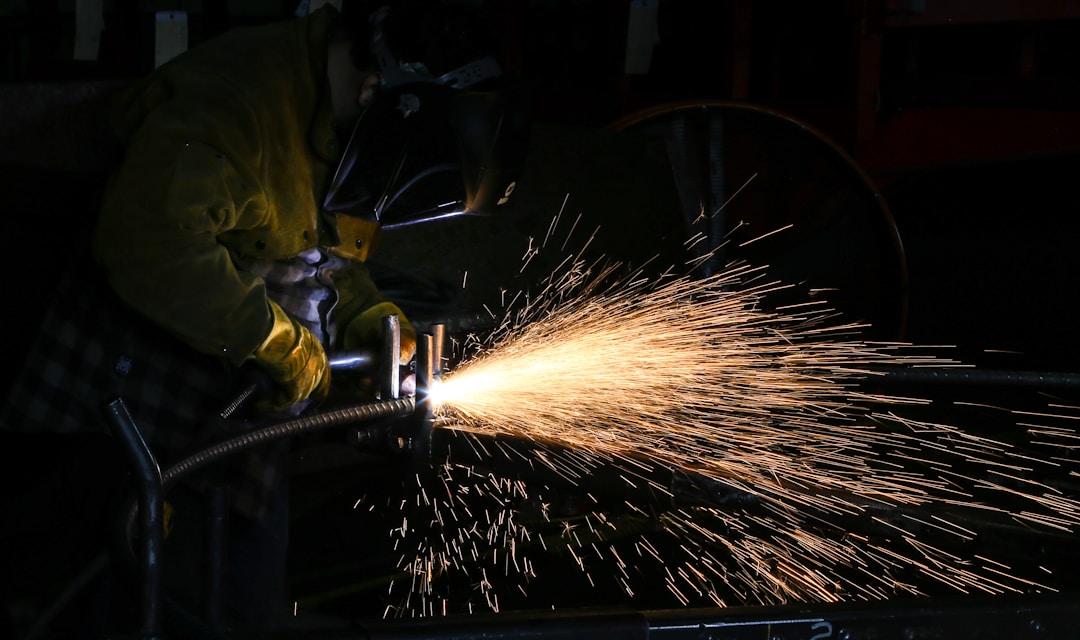In summary, hydraulic steel pipes are an excellent choice for high-performance systems where strength, durability, and safety are paramount. Their resilience under pressure, along with long-term cost savings, makes them a preferred material in a wide range of industries.
Benefits of hydraulic steel pipes
2025-01-21
Hydraulic steel pipes offer several key benefits, especially in industries that rely on fluid systems, such as construction, oil and gas, and manufacturing. Some of the primary benefits include:
1. High Durability and Strength
- Hydraulic steel pipes are designed to withstand high pressure and tough operating conditions. Their robust material allows them to handle the stress and force exerted by hydraulic fluids, ensuring reliability and longevity.
2. Corrosion Resistance
- Steel pipes used in hydraulic systems are often coated or treated to resist corrosion, which is crucial when exposed to harsh environments or fluids that could cause deterioration over time. This enhances the lifespan of the pipes and reduces the need for frequent maintenance or replacement.
3. Leak-Free Performance
- The precision engineering of hydraulic steel pipes ensures tight seals and connections, which minimizes the risk of leaks. This is essential in preventing fluid loss, maintaining pressure, and improving the efficiency of hydraulic systems.
4. Cost-Effective Over Time
- While the initial investment in hydraulic steel pipes may be higher compared to other materials, their durability and longevity lead to fewer repairs, replacements, and downtime. This results in cost savings over the long term.
5. Efficient Fluid Transport
- Steel pipes provide a smooth, non-porous surface that allows for efficient flow of hydraulic fluids, reducing the likelihood of blockages and ensuring optimal system performance.
6. High Temperature and Pressure Tolerance
- Hydraulic steel pipes can handle extreme temperatures and pressures, making them suitable for use in a variety of high-performance and heavy-duty hydraulic systems, including those in industrial machines, construction equipment, and automotive applications.
7. Customizable Sizes and Shapes
- Steel pipes can be fabricated to specific sizes and shapes to meet the needs of different hydraulic systems, ensuring compatibility with existing infrastructure and making them versatile for various applications.
8. Safety and Reliability
- Due to their strong structural integrity, hydraulic steel pipes contribute to the overall safety and reliability of hydraulic systems, preventing failures that could lead to accidents or operational breakdowns.
9. Sustainability
- Steel is a highly recyclable material, which makes hydraulic steel pipes an environmentally friendly option. They can be reused or repurposed at the end of their lifespan, reducing environmental impact.
RELATED BLOG







